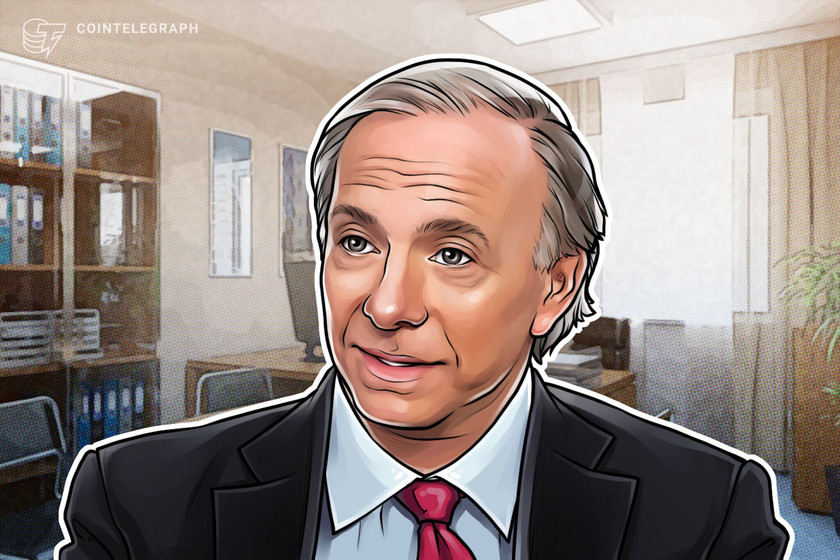What is the time value of money (TVM)?


Understanding the time value of money is essential for making sound financial decisions and maximizing returns on investment.
Time value of money, explained
The time value of money (TVM) is the concept that money available today is worth more than the same amount of money in the future. While inflation gradually weakens the purchasing power of money, its worth can rise over time by being invested or earning interest.
The time value of money is an essential concept in finance and investing. Based on the interest rate and the time period involved, it is used to determine the present value of future cash flows, such as investment returns or loan repayments.
Related: What is opportunity cost? A definition and examples
Several financial calculations — such as future value, present value and annuities — can be used to show the TVM. Understanding the time value of money is crucial in making informed financial decisions, such as comparing investment options, deciding on loan terms and planning for retirement.
crypto teaches you about the time value of money by virtue of how often funds get tied up in bankruptcy proceedings
— juthica (@juthica) January 6, 2023
Annuities can be of two types: ordinary annuity and annuity due. In an ordinary annuity, the cash flows occur at the end of each period; while in an annuity due, the cash flows occur at the beginning of each period.


Does the time value of money concept apply to crypto?
The time value of money concept can also be applied in the world of cryptocurrency. In fact, it is an important principle to consider when evaluating the potential profitability of investing in cryptocurrencies.
Crypto lending platforms
The use of crypto lending platforms is one way that the time value of money principle is applied in the world of cryptocurrencies. These services enable users to earn interest on their investments by lending their cryptocurrency to other users.
The supply and demand of the cryptocurrency, the duration of the loan term, and the risk involved with the borrower are just a few of the variables that affect the interest rate that users can receive on their cryptocurrency investments. Due to the time value of money, the interest rate investors can earn on their investment increases with the length of the lending period.
Staking
Another application of the time value of money concept in crypto is through the use of staking. Staking entails keeping a specific quantity of cryptocurrency locked on a blockchain in order to benefit the network and sustain it. Staking incentives are typically driven by the length of time a user locks in their cryptocurrency, with longer staking periods leading to bigger rewards due to the time value of money.
You may be 99% correct and consider Everyone else 1% correct. Our delayed gratification allows others Time to get on our level. The addition of Time is difficult for most in crypto to understand, as Visionary genius founder @RichardHeartWin monetized the time-value of money lolz pic.twitter.com/idORnzVG9T
— ⬣Hexlena PulseAlot⬣ (@StakeHEX5555) February 26, 2023
Determine the potential future value of a cryptocurrency investment
Furthermore, the TVM concept can also be used to assess the potential future value of a cryptocurrency investment. The value of a cryptocurrency might change over time due to various variables, including market supply and demand, legislative changes and technological improvements, just like the value of any other investment.
Related: How to trade cryptocurrencies: A beginner’s guide to buy and sell digital currencies
The time value of money must be taken into account when estimating the possible future worth of a cryptocurrency investment, as the value of the investment will vary depending on how long it takes to reach its full potential.



